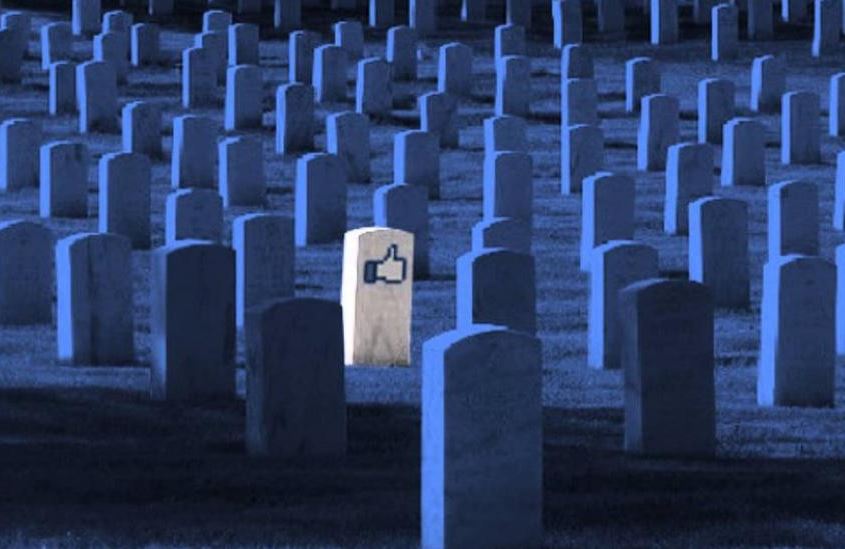Excessive social media consumption can be detrimental. Using Facebook, Twitter, Instagram 24×7 or any other social media site for that matter can cause addiction and has been shown to lead to depression. But, turns out that constructive use of social media, especially Facebook, has its own benefits. Researchers from University of California, San Diego (UCSD) in association with Yale University and Facebook published a study in Proceedings of the National Academy of Science. The research confirms what scientists have known for quite some time now – people with stronger social networks live longer.

Online Interaction Is Healthy
Author William Hobbs who worked on the study as UCSD doctoral student says – “Interacting online seems to be healthy when the online activity is moderate and complements interactions offline. It is only on the extreme end, spending a lot of time online with little evidence of being connected to people otherwise, that we see a negative association.” The researchers matched California Facebook users with vital records from California Department of Public Health. And the results suggest that an average Facebook user is about 12% less likely to die compared to a person who does not use the site, in a given year.
The Findings
The data was made anonymous to protect user’s privacy. The subjects were in the age group 20 – 60 in the first six months of 2011. And all of them had joined Facebook before October 2010. The researchers looked into mortality rates and causes among Facebook users and non-users. And the results show that Facebook users were 12% likely to die and those who accepted most friend requests were about 34% less likely to die. Those who sent many friend requests did not see any impact on longevity. The study also relates the number of posts to longevity. Users who posted most photos and fewer status updates were about 30% less likely to die.
No Relationship between “Likes” and Health
The study, however, pointed out one interesting thing that there is absolutely no correlation between the number of “likes” received and health. But being “popular” does make you live longer. It could be that individuals who are more likely to live longer are more attractive to others in the first place and end up getting more friend requests. Senior author James Fowler, UCSD Professor, goes on to explain – “The association between longevity and social networks was identified by Lisa Berkman in 1979 and has been replicated hundreds of times since. In fact, a recent meta-analysis suggests the connection may be very strong. Social relationships seem to be as predictive of lifespan as smoking, and more predictive than obesity and physical inactivity. We’re adding to that conversation by showing that online relationships are associated with longevity, too.”
So the next time you login to Facebook, you may actually be working your way on improving your longevity! Strange? Maybe!
